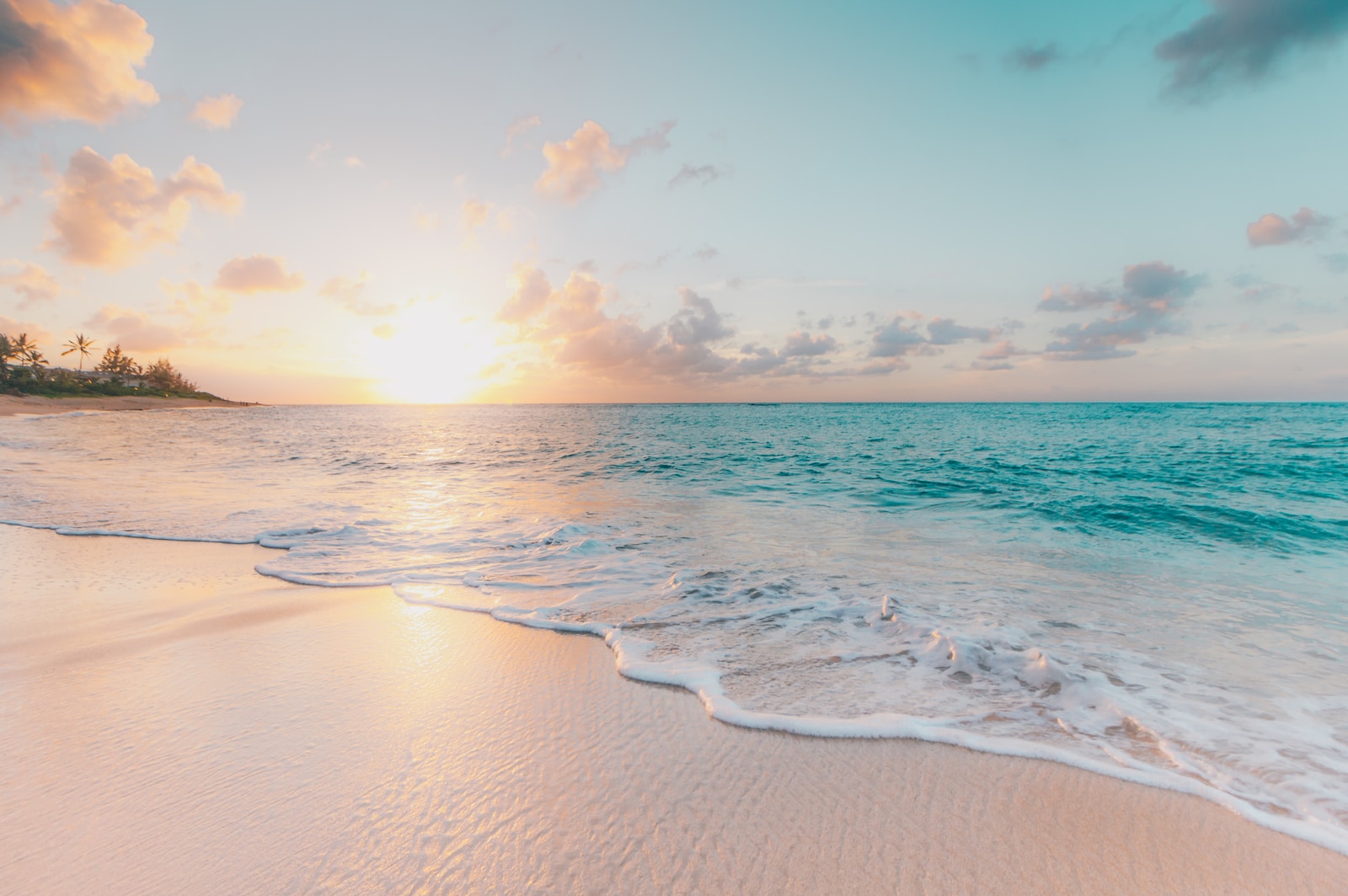Panama City Beach, a beautiful vacation destination, is known for its crystal-clear waters, soft sandy beaches, and sunny weather.
Stretching over 27 miles of shoreline, Panama City Beach is renowned for its expansive Gulf beaches, boasting soft white sands and unparalleled ocean.
Many people who plan to visit Panama City Beach often wonder that does it rain all day in Panama City Beach.
Panama City Beach is located in the Sunshine State, Florida. It is known for its warm, tropical climate, hot summers, and mild winters.
The city experiences rainfall throughout the year but it doesn’t necessarily rain all day.
The rain in Panama City Beach is usually characterized by short intense showers followed by sunshine.
These quick bursts of rain help to keep the landscape green and lush, making the city even more beautiful for visitors.
So, if you’re planning a trip to Panama City Beach, don’t worry about constant rainfall ruining your vacation.
The weather is generally sunny and pleasant, with occasional showers to cool things down.
Panama City Beach offers a fantastic mix of sun, sand, and refreshing rain, making it a perfect destination for a memorable vacation.
Climatic Conditions Of Panama City Beach
Panama City Beach, located in the Florida Panhandle, experiences a humid subtropical climate, which is common for this region.
The climate can be divided into two primary seasons: the warm, wet summer season and the cooler, drier winter season.
Summer (May To September)
Summers in Panama City Beach are hot and humid, with average high temperatures ranging from 29-34°C.
These months also see the highest rainfall, with June to September being the wettest period. Thunderstorms and intense showers are common during the afternoons, but they generally clear up quickly, allowing for ample sunshine.
The humidity levels during this time can be quite high, sometimes making outdoor activities less comfortable.
Winter (December To February)
Winters in Panama City Beach are mild and relatively dry, with average high temperatures ranging from 16-19°C.
Low temperatures can occasionally dip into 4-9°C, especially at night. Rainfall is significantly less during these months, and the humidity levels are lower, making it a comfortable time to engage in outdoor activities.
Transitional Seasons (March-April & October-November)
Spring and fall in Panama City Beach offer pleasant temperatures and moderate rainfall.
High temperatures during these months range from the mid-70s to the low 80s Fahrenheit (24-29°C), and the humidity levels are more tolerable than during summer.
Rain Patterns In Panama City Beach
Rain patterns in Panama City Beach are closely linked to its humid subtropical climate, which exhibits distinct seasonal variations.
The city experiences most of its rainfall during the summer months, while the winter months are considerably drier. Here’s a closer look at the rain patterns:
Summer Rainfall (May To September):
The summer season in Panama City Beach is marked by frequent rainfall, with June to September being the wettest months.
During this time, the city receives an average of 152-203 mm of rainfall per month. Rainfall in summer is often characterized by short, intense afternoon thunderstorms, which can be heavy but tend to clear up quickly, allowing the sun to reappear.
This pattern is partly due to the influence of the Gulf of Mexico, which contributes to the formation of afternoon sea breezes and convective storms.
Winter Rainfall (December To February)
The winter months bring drier conditions to Panama City Beach, with average monthly rainfall dropping to around 76-127 mm.
While rain events are less frequent in winter, they can sometimes be prolonged and steady, often associated with passing cold fronts.
Transitional Seasons (March-April & October-November)
Rain patterns during the transitional seasons of spring and fall tend to be moderate, with monthly averages ranging from 102-152 mm.
Rain events during these months can be a mix of short, intense showers and occasional steady rainfall, depending on prevailing weather systems.
How Often Does It Rain During The Summer Months In Panama City Beach?
In Panama City Beach, the summer months are the wettest, with frequent rainfall. However, the rain usually takes the form of short, intense afternoon thunderstorms.
These storms can be heavy, but they generally clear up quickly, allowing the sun to reappear. Rainfall during the summer is not an all-day event, so there’s still plenty of time to enjoy outdoor activities under the warm Florida sun.
What Is The Driest Time Of Year To Visit Panama City Beach?
The driest period in Panama City Beach is during the winter months, from December to February.
There is significantly less rainfall during this time compared to the summer months. The weather is also cooler and less humid, making it a comfortable time for outdoor activities. However, remember that temperatures can be cooler than in the summer, so pack appropriate clothing.
How Much Rain Can I Expect During My Visit To Panama City Beach?
The amount of rain you can expect during your visit to Panama City Beach depends on the time of year.
Summer typically received 152-203 mm of monthly rainfall, while winter months have around 76-127 mm rainfall per month.
Transitional seasons like spring and fall experience moderate rainfall, with monthly averages ranging from 102-152 mm.
It is advisable to keep an eye on local weather forecasts to stay informed during your visit.
What precautions should I take during rainy season in Panama City Beach?
When visiting Panama City Beach during the rainy season, it’s a good idea to pack a lightweight rain jacket, umbrella, and waterproof shoes.
Since afternoon thunderstorms are common, plan your outdoor activities earlier or have a flexible schedule to accommodate possible weather changes.
Monitor local weather forecasts and be aware of potential storm or lightning risks during outdoor activities.
Can I Still Enjoy Outdoor Activities In Panama City Beach If It Rains?
Yes, you can still enjoy outdoor activities in Panama City Beach, even if it rains. Rain is typically not an all-day event, and the sun often comes out again after a brief storm.
It’s essential to be prepared and have a flexible schedule to maximize your time in the city.
In addition, Panama City Beach has many indoor attractions, such as shopping centers, museums, and restaurants, to explore during periods of rain.

